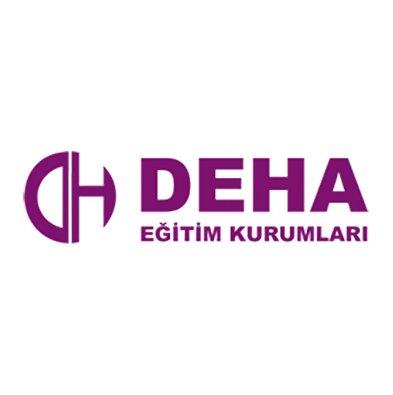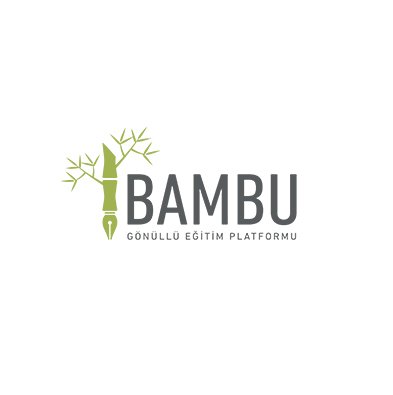One of the keys to success in today’s companies is the correct management of employee talent. Human resources departments play a critical role in the employee talent management process. Talent management covers the human resources process that creates and implements strategies for employees to discover and develop their talents and use these talents in line with company goals. This approach, which enables companies to achieve their goals and increase business value through strategic human resources planning, covers all processes from recruitment to employee development, from rewarding to strategic workforce planning and leaving the job.
Successful talent management is directly related to investments in the training process of employees. The way to carry out this process successfully and sustainably is to integrate modern training management system solutions such as online training into human resources policies.
The Importance of Talent Management for Employees
The success of a company is closely related not only to the products or services it offers, but also to the competence levels of its employees. Employees feel more valuable when they have the opportunity to develop themselves in their companies and gain sufficient knowledge about their jobs. This increases the likelihood of them speaking favourably about the company they work for and conveying accurate information. Thus, the brand reputation of the company is also strengthened. In this process, human resources departments play an important role in creating development plans in line with employees’ career goals and identifying employee training needs. In addition, talent management has a key function in supporting the continuous development of employees by revealing their potential.
Especially today, when competition is intense, providing training opportunities for employees to improve themselves is one of the cornerstones of the long-term success of companies. At this point, online training platforms come to the fore.
Talent Management Process Stages
1. Determination of Talent Needs:
Human resources is to analyse which competencies are needed according to the strategic goals of the company and to determine the competency requirements necessary to achieve these goals by evaluating the existing workforce. At this stage, workforce planning can be done and employee needs can be foreseen.
- The talent needs of the organisation are determined through strategic planning.
- Analyses are made on competencies and skills that are suitable for the company’s vision.
- Differences between the current workforce and these targets are determined.
2. Talent Acquisition (Recruitment)
At this stage, it is necessary to find highly competent candidates who are suitable for the culture of the organisation and to manage the recruitment process effectively. Managing the recruitment process well enables the organisation to acquire the right talents and build a strong workforce for long-term goals. At this stage:
- Job advertisements are prepared and announced, and a talent pool is created through the right channels.
- Selection and placement processes are managed and suitable candidates are placed in the right positions.

3. Talent Development
- Employee training programmes are organised for the position in which employees will be employed in order to improve their existing skills, eliminate their deficiencies and ensure that they gain qualifications in line with the needs of the company.
- Employee skills are kept up-to-date through tools such as online training and digital learning platforms. Thanks to the personalised learning service offered by LMS/LXPs, each employee can continue the online training process in accordance with their own potential and needs.
4. Performance Management and Measurement
- Employee performance can be made more efficient by supporting employee training.
- The performance of employees is regularly evaluated: Their progress and areas of need are identified. According to this analysis, strategies are determined to make the necessary improvements.
- In performance measurement, employees’ learning processes can be analysed and the efficiency of these processes can be evaluated with the advanced reporting tools offered by LMSs.
5. Career Planning and Development
- Career paths are created in accordance with the qualifications and goals of employees.
- Development opportunities such as promotion, mentoring, rotation and project-based work are offered to support employees to reveal their potential. Such opportunities are an important step for employees to showcase and develop their talents.
6. Loyalty and Motivation Management
Various programmes are implemented to increase the motivation of employees at work and their loyalty to the company. Employee satisfaction is ensured through appreciation, rewarding and feedback processes. In addition, effective employee training programmes help employees feel valued and increase their commitment to the company. The success of talent management is directly related to employee engagement. Employee engagement has a significant impact on performance, productivity, profitability and overall job satisfaction. Engaged employees focus more on their work and take important steps by contributing to the success of the company.
7. Process Evaluation and Improvement
Talent management processes are regularly analysed to cover all steps from recruitment to termination. These analyses provide the opportunity to evaluate the effectiveness of recruitment strategies, analyses of mistakes made in employee training processes, employee development processes, performance management and reasons for leaving the job. A detailed review of the processes enables both the improvement of current practices and the development of more efficient strategies in the future.
Improve Employee Skills with Online Training
Employee training processes can be carried out more flexibly thanks to online platforms. Online training platforms and training management system solutions allow human resources departments to manage employee development processes more effectively. Online training and e-learning solutions offer employees the opportunity to learn regardless of time and place. In this way, employees improve their skills and increase the productivity of the company by receiving online training in the areas they need.
Thanks to online training platforms such as LMS/LXP, training processes can be easily planned, monitored and evaluated. While these systems make employee training more effective, they also strengthen the company’s talent management strategies.
Measuring and Reporting Employee Skills
One of the most critical steps in talent management is to accurately measure employee skills and analyse development processes in detail. This process involves not only identifying existing talents, but also identifying areas for improvement by measuring the efficiency of training.
The reporting systems offered by online training platforms make it easier to reach corporate goals while evaluating the performance of employees. For example, data such as training modules completed by employees, exam results and interaction rates can be viewed on a single platform.
This system enables companies to maximise the potential of their employees by making the talent management process more transparent and efficient.
Build an Effective Talent Management Strategy with Vedubox
Vedubox is a comprehensive AI-powered Super App that makes online training processes and training management system functions more efficient and effective. By meeting employee training needs on a single platform, it supports the processes of discovering, developing and directing their talents in line with company goals. The right employee training strategy not only contributes to the development of the existing workforce, but also facilitates the recruitment of new talent.
Thanks to this platform:
- Employees can easily access online trainings whenever and wherever they want to gain the competencies they need, thus contributing to their individual development.
- The efficiency of training is measured with detailed reporting tools to identify areas for improvement and ensure continuous development.
- Processes planned through Learning Management Systems (LMS) facilitate strategic human resources planning by saving time for both employees and managers.
Vedubox supports companies’ talent management strategies in line with human resources policies, maximizing the potential of employees and providing a strong infrastructure to increase business value.




















